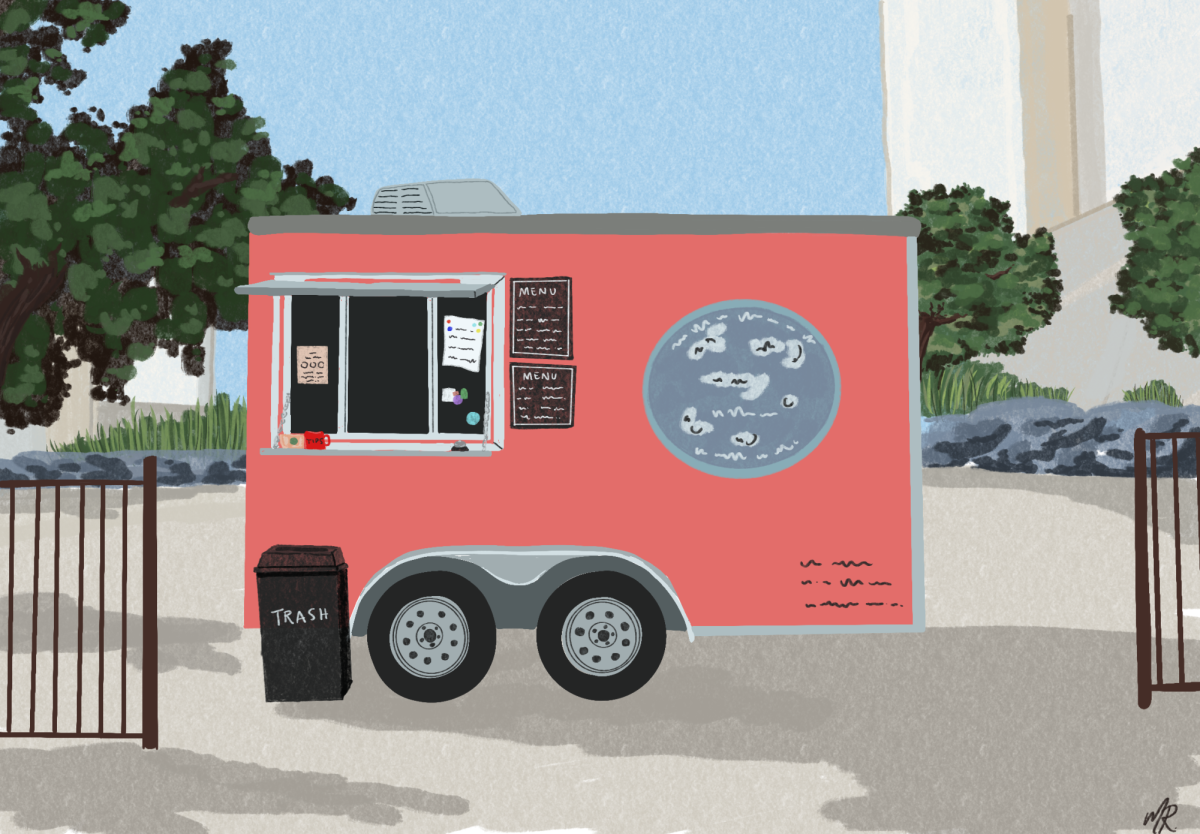Every spring semester, a small group of people do their best to delude the UT student body into thinking they have power. Student Government campaigns try to convince a totally disillusioned student population that with this or that candidate in office, Texas students will finally be blessed with a representative who fights for them. But beyond a poster in the Co-op and a fat blurb on a resume, there lies nothing except a weak and impotent structure with no real bargaining ability.
Take tuition. When hikes were proposed for the 2016–17 and 2017–18 academic years, there was essentially no meaningful pushback from within UT Student Goverment. The Regents passed the measure, and now the rates are higher than they’ve ever been. When accounting for universities around the globe, costs are astronomically high. So what does real opposition look like?
In Quebec a few years ago, the government proposed a five-year increase that would balloon annual college tuition from $2,168 CAD all the way up to $3,793. Taking a different path than we did, Quebec students formed a coalition called CLASSE and, along with other student union federations, protested the measure by going on strike. More than 300,000 students stopped going to class and took to the streets to put a halt to the proposal. It worked: A new government was elected and the fee climb was scrapped.
You could also look at South Africa, where student protests forced the government to freeze tuition in 2015. But it shouldn’t take that many examples to understand an organized, massive union of students pushing for their interests can be a political juggernaut in the city and state — certainly a stronger one than a representative body considered so unimportant about 3/4 of all undergraduate students don’t even vote.
Two things need to happen: UT Student Government must be dissolved and a union must be formed. There can't be multiple voices that claim to speak for the students duking it out. All duties of SG, limited as they might be, can be taken over by the new union. The union can demand direct representation in all matters SG officials now attend as well as those they don’t. Votes on propositions will be taken among all students, not just the few in the Assembly, and will have teeth through the sheer number of students involved in the process.
Imagine the possibilities. From tuition to building renovation, all manner of student issues will at last get the attention they deserve. And if we prove the concept well enough that other schools replicate the model, it’s hard to come up with a change that a wave of student unions across the country wouldn’t be able to accomplish.
At a time when US student debt exceeds a trillion dollars, we desperately need an organization that really fights for our rights, not just one that claims to. A union will get things done that no other student group can possibly hope to achieve.
Sklar is an economics senior from Takoma Park, Maryland.













